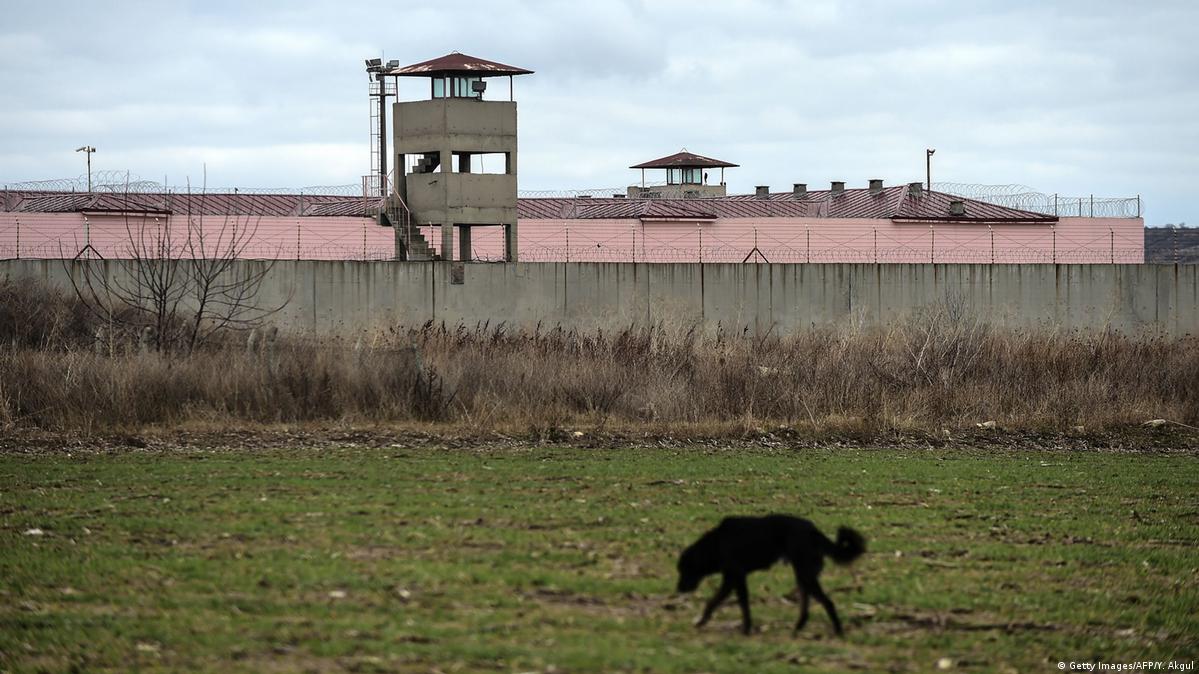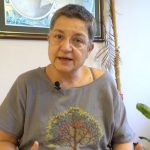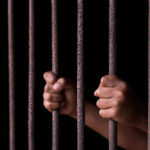According to the 2021 Council of Europe Criminal Statistics Reports, Türkiye has the second-highest number of prisoners globally, with approximately 300,000 people behind bars.
This means that per 100,000 people, 374 are in prison—the highest number in the country’s history. In 2000, only 73 per 100,000 people were behind bars, and the numbers have grown steadily since then.
bianet interviewed a prisoner in the Diyarbakır Type-T Prison over the “E-visit” system, a recently implemented system that enables convicts and their relatives to make video calls through a mobile application on registered phones.
The prisoner in Diyarbakır, who asked to remain anonymous, said the average electricity bill of their 20-person ward was 2,000 lira a month (1 US dollar = 18.61 Turkish lira). Thus, each prisoner pays 100 lira.
The cost for everyday needs is around 4,000 lira a month, for which every prisoner pays 200 lira. The monthly cost of the E-visit system is 250 lira, washing and bathing is about 200 lira, and the prison food is about 750 lira, said the prisoner.
According to the data of the Chamber of Electrical Engineers (EMO), electricity tariffs consumed in prisons increased by 184 percent in the first six months of 2022.
Ramazan, who was released a few days ago and did not want to give his last name, is one of the prisoners who knew that his family would not be able to cover his expenses when he was convicted. Being a child of a low-income family, he said that he had not turned himself in so that he could save money to make ends meet while finishing his extended sentence.
Some prisoners can’t buy underwear
Berivan Korkut, Coordinator of the Civil Society Association in the Penal Execution System (CISST), says that they have been in contact with inmates and their families for years and that complaints about the increasing inflation have increased recently.
Korkut states that they receive many letters for economic reasons. Some prisoners applied to their association because they could not buy underwear recently.
Korkut also explains that there is a hierarchy among those in prisons according to their economic power, stating that poor prisoners have to do the work of other prisoners. According to Korkut, poor prisoners are at the bottom of this hierarchy. They must wash other prisoners’ clothes and clean the ward toilets to cover their expenses.
Korkut furthermore noted that LGBTI+ prisoners face even more difficulties due to women’s gender-specific needs, such as pads. Free pads have been introduced in prison across all of its 81 prisons. However, this remains insufficient, according to the coordinator of CISST. (RM/SO/WM/VK)
Rojan Mamo
Source:Bianet



